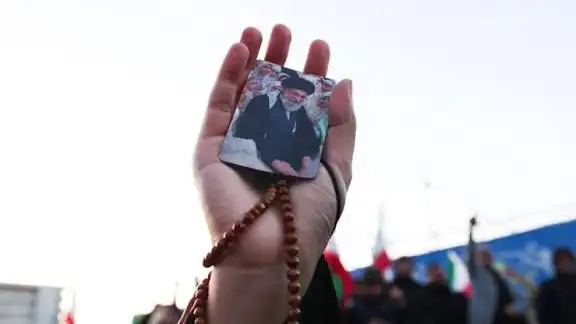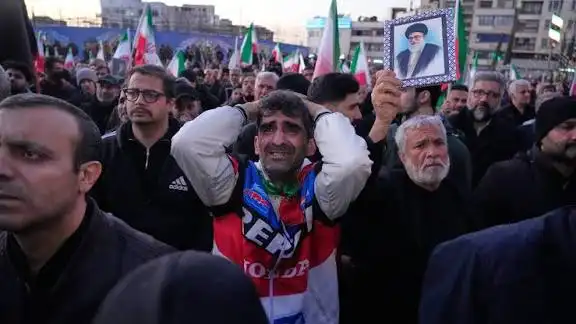President Bola Tinubu recently revealed that he nearly abandoned his bid for Nigeria’s presidency in 2023, a decision swayed by a disheartening encounter with a relative, only to be pulled back by the encouragement of his former placeholder, Aminu Masari, and other supporters. Speaking at a special Iftar held in his honor at the Presidential Villa in Abuja on Saturday night, Tinubu shared a candid reflection on the obstacles he faced during his campaign, as detailed in a statement from his spokesman, Bayo Onanuga.
Tinubu recounted a pivotal moment of doubt that tested his resolve. “Those close to me know that the odds were against me,” he said, setting the scene for a late-night visit from a relative during the campaign. Around 3:30 a.m., the relative arrived at his living room, requesting N50,000 to buy foodstuff for their uncle. The plea came with a stinging rebuke: “The currency is gone because of you. People are jumping over bank counters because there is no cash. Our uncle, a wealthy man, doesn’t even have N10,000 in cash. What are you running for?” Tinubu responded with defiance, handing over the money and asserting, “I am running for President, not for you and our uncle.” Yet, as the relative left, he cast further doubt, saying, “I don’t think you will make it,” to which Tinubu retorted, “I will make it.”
That exchange left Tinubu reeling. “I was amazed. At that moment, I almost dropped the idea of running for President,” he admitted. The cash scarcity, linked to the controversial naira redesign policy at the time, had amplified public frustration, and the personal criticism from a family member hit hard. However, it was the intervention of Aminu Masari, his former placeholder in the All Progressives Congress (APC) primaries, and other supporters that kept him in the race. “Thanks to Aminu Masari and all of you who encouraged me,” Tinubu said. Upon arriving in Abuja, Masari bolstered his resolve with a firm directive: “I am the Chairman of the North West Group; don’t look back.”
The president’s journey to office was fraught with challenges, a fact he acknowledged during the Iftar. He assumed power amid economic uncertainty, inheriting a nation grappling with inflation, unemployment, and a shrinking oil sector. One of his first acts was a bold, unscripted decision on inauguration day to remove the long-standing fuel subsidy—a move not originally in his speech. “I had to decide on something, and that was the fuel subsidy removal,” he explained, framing it as a necessary step despite the immediate backlash it triggered. The policy, aimed at easing fiscal pressures, sparked widespread debate and protests, yet Tinubu stood by it as a testament to decisive leadership.
This near-exit from the presidential race underscores the personal and political hurdles Tinubu faced en route to becoming Nigeria’s leader. His perseverance, bolstered by key allies like Masari, highlights a narrative of resilience amid adversity. Now, as president, he confronts the fallout of tough choices like the subsidy removal, a decision he believes will shape Nigeria’s future, even as it tests his administration’s early days.












I cant believe Tinubu might not run in 2023! Who else is even a strong contender? Mixed feelings about this news.
I think Tinubus decision to potentially exit the presidential race shows strategic thinking. Politics is a game of surprises!
I think Tinubu should still consider running in 2023. His experience could be valuable for the country. #2023Elections #TinubuForPresident
I cant believe the twists and turns in Tinubus presidential race! Who do you think will emerge as the frontrunner now?
Is Tinubus potential exit from the presidential race a sign of weakness or strategic planning? Lets discuss!
I cant believe Tinubu might not run in 2023! Do you think its a smart move or a missed opportunity? Lets discuss!
I dont buy that Tinubus exit from the race is definitive. Politics is full of surprises, so lets not jump to conclusions just yet.
I cant believe Tinubu might not run in 2023! Its like a rollercoaster of emotions. What do you guys think?
I think Tinubus decision to potentially exit the presidential race is strategic. It shows hes thoughtful and not afraid to reassess.
I cant believe Tinubu might not run in 2023! Who else is even a strong contender? What a twist!